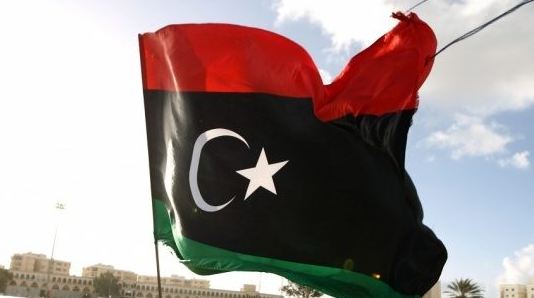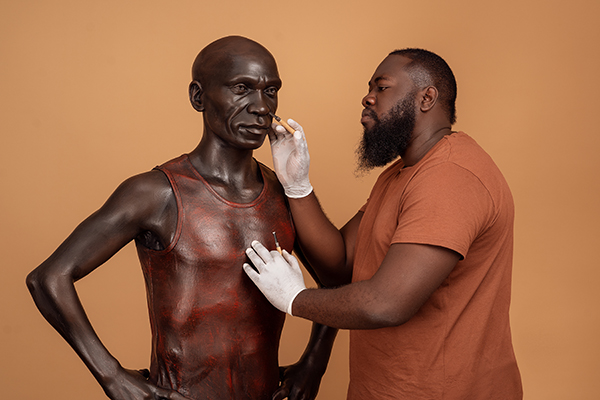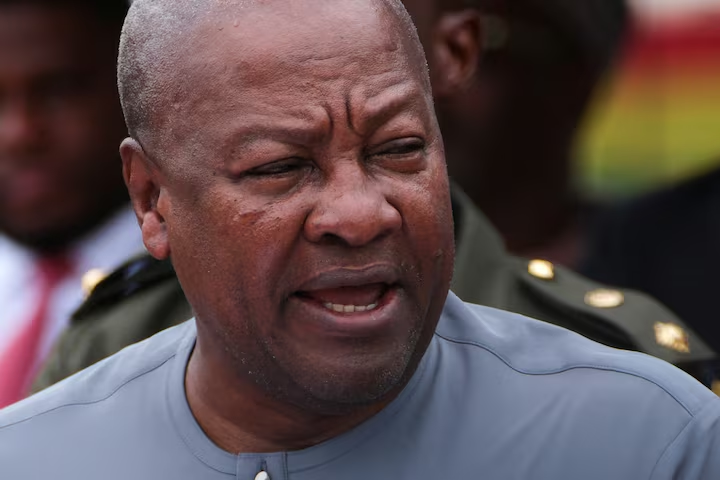
Libya’s health sector plagued by lack of medicine, blackouts

Libya’s public health sector has been plagued by a lack of necessities, putting the lives of thousands at risk.
The North African country’s public hospitals lack government-subsidized medicines and are also affected by frequent power blackouts that last for as long as 14 hours each day.
Patients – particularly suffering from heart diseases, diabetes and cancer, are left suffering as the hospitals are unable to attend to them efficiently.
“I have reached the point of suicide because of a lack of treatment in government hospitals and health centers. Throughout the week, I move from one hospital to another in search of my medicine. A week ago, I traveled 200 km to the city of Misurata, after a friend helped me get insulin enough for one month only,” 50-year-old Ibtisam Al-Sharif lamented.
“I do not have enough money for treatment, and I can barely feed myself and my children, especially since we have no supporter to pay for the daily expenses,” she said. “I feel that I am slowly dying. I feel pain surrounding my body every day.”
Libya is grappling with an acute disruption of basic services including health, education and security, as it continues to shake off the effects of the civil war that ripped the country after the 2011 ouster and killing of former leader Muammar Gaddafi.
Gaddafi’s death created an administration void that various armed groups battled each other to control.
Thousands were killed in the war and millions other displaced, creating a humanitarian crisis.
Now, the country’s health sector is feeling the brunt, with hospitals lacking the capacity to care for large numbers of patients. The cost of medicine has also risen, making most people unable to afford them.






